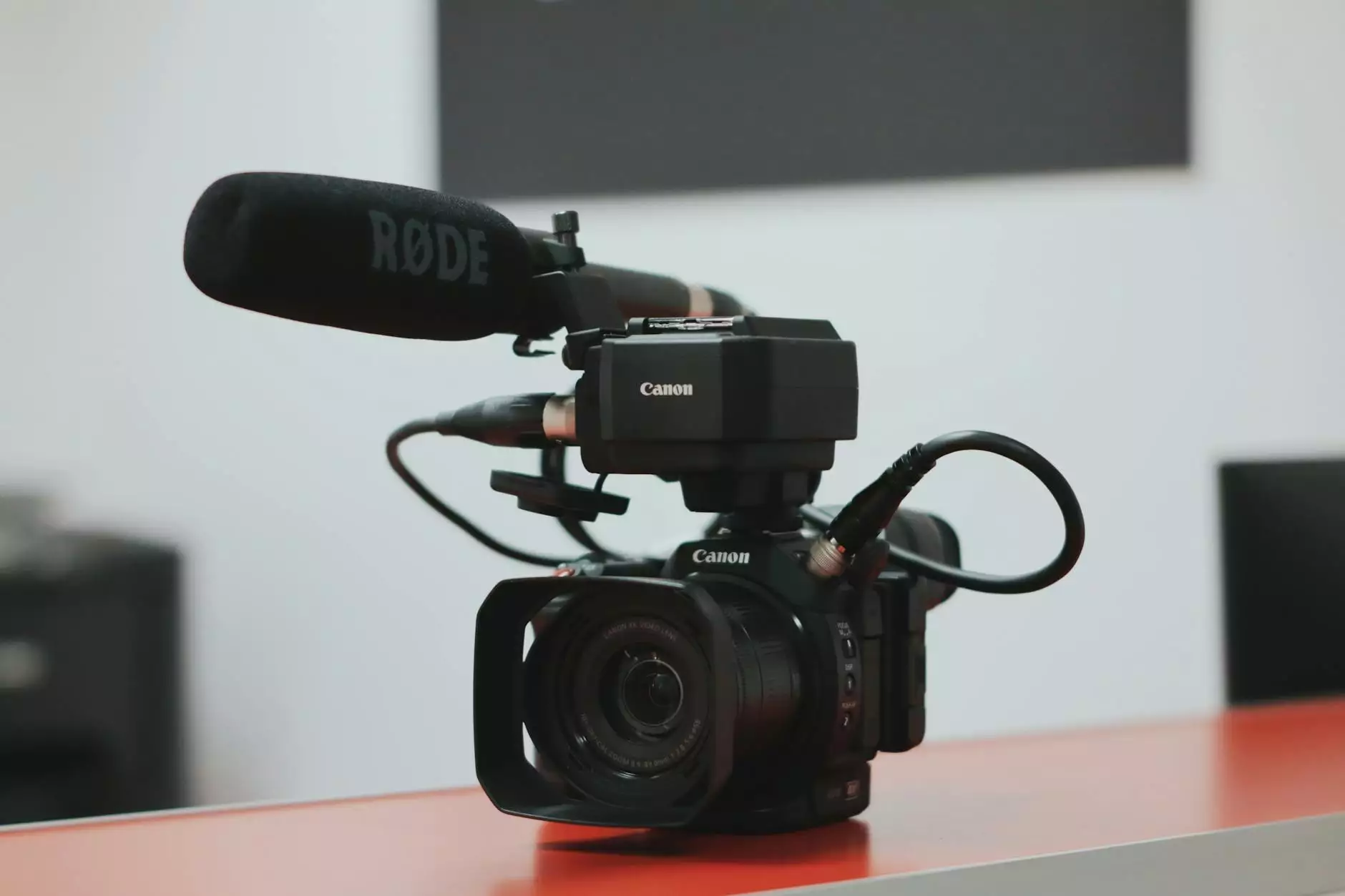Mastering Short Film Production: A Comprehensive Guide

In the world of cinema, short film production holds a unique and powerful place. It serves as a playground for creativity and innovation, allowing filmmakers to express their ideas succinctly and compellingly. This guide aims to delve into the essentials of producing a remarkable short film, covering every critical aspect from conception to distribution. Whether you're an aspiring filmmaker or someone interested in the art of film, this article is designed to provide you with valuable insights and practical tips.
Understanding Short Films
A short film is typically defined as a film or video production that runs for less than 40 minutes. Most short films range between 5 to 30 minutes, making them a dynamic storytelling medium. The brevity of short films encourages filmmakers to distill their narratives into a focused format, which, when executed well, can yield powerful emotional responses.
The Significance of Short Film Production
The significance of short film production goes beyond mere entertainment. Here are a few key points highlighting its importance:
- Artistic Expression: Short films provide a platform for filmmakers to explore and communicate their vision without the constraints often associated with feature-length films.
- Skill Development: For novice filmmakers, producing short films is a practical way to hone their skills in writing, directing, and editing.
- Festival Opportunities: Many prestigious film festivals have dedicated categories for short films, offering filmmakers exposure and recognition.
- Cost-Effective: Producing a short film is generally less costly than a feature film, making it accessible for independent filmmakers.
Key Elements of Short Film Production
Creating a compelling short film involves a myriad of elements. Below, we outline the key components that contribute to the success of a short film:
1. Concept and Script Development
Every great film starts with a strong concept. Here’s how to develop a captivating idea:
- Brainstorm Ideas: Gather inspiration from personal experiences, current events, or imaginative scenarios.
- Identify Themes: What core message or theme do you want to convey? It could be love, loss, adventure, or social issues.
- Write the Script: Focus on crafting a concise script that establishes characters, conflict, and resolution effectively within a limited runtime.
2. Pre-Production Planning
Pre-production is an essential phase that sets the groundwork for your film. Key activities include:
- Storyboarding: Create a visual outline of your film. This helps in planning camera angles, shot composition, and transitions.
- Casting: Choose actors who not only fit the characters but also bring charisma and depth to the roles.
- Location Scouting: Find suitable locations that enhance the story’s aesthetic. Consider logistics such as permissions and accessibility.
- Budgeting: Create a budget that encompasses all costs, including equipment, locations, and talent fees. Stick to it to avoid overspending.
3. The Production Phase
Production is the stage where all your pre-production plans come to life. Here’s what to keep in mind:
- Directing: As the director, guide your actors and crew to ensure that your vision is accurately portrayed on screen.
- Cinematography: Work closely with your cinematographer to determine the visual style. Utilize lighting and camera techniques to evoke emotions.
- Sound Recording: Pay attention to audio quality. Clear dialogue and appropriate soundscapes can elevate your film significantly.
4. Post-Production and Editing
After filming wraps, the next critical stage is post-production. This process involves:
- Editing: Assemble the footage, ensuring that pacing and flow enhance the storytelling. Use editing software to fine-tune your project.
- Sound Design: Add sound effects, background music, and dialogues to create a rich auditory experience.
- Color Grading: Adjust the color palette to evoke the desired mood and cohesively unite the film's aesthetic.
Promoting Your Short Film
Once your film is complete, it’s time to share it with the world. Here are effective strategies for promoting your short film:
- Film Festivals: Submit your short film to film festivals to gain visibility and accolades.
- Social Media Marketing: Utilize platforms like Instagram, Facebook, and Twitter to engage with potential audiences and promote screenings.
- Networking: Connect with other filmmakers, actors, and industry professionals to create opportunities for collaborations and exposure.
- Online Platforms: Distribute your short film on platforms like YouTube or Vimeo, allowing easy access for viewers worldwide.
Conclusion: Embracing the Journey of Short Film Production
Engaging in short film production is more than just creating a film; it is a journey filled with creativity, collaboration, and learning. Each step is an opportunity to refine your craft and connect with audiences on a personal level. Remember, the essence of a successful short film lies in the clarity of storytelling and the emotion it evokes. So gear up, outline your next incredible story, and embark on the exhilarating adventure of making a short film!
If you're looking for expert assistance in short film production, visit Esteban Castle Productions for outstanding services and support throughout your filmmaking journey.
FAQs About Short Film Production
What is the average budget for a short film?
Budgeting for a short film can vary greatly. Some films can be produced for under $1,000, while others may exceed $100,000. It all depends on the complexity, cast, locations, and crew involved.
How long does it take to produce a short film?
The timeline for producing a short film can range from a few weeks to several months, depending on pre-production planning, shooting schedules, and post-production work.
Can short films lead to feature film opportunities?
Absolutely! Many filmmakers have used successful short films to showcase their talents and secure funding or production deals for feature-length films.
Where can I showcase my short film?
You can showcase your short film in various venues including film festivals, local community screenings, or online platforms like YouTube and Vimeo.









